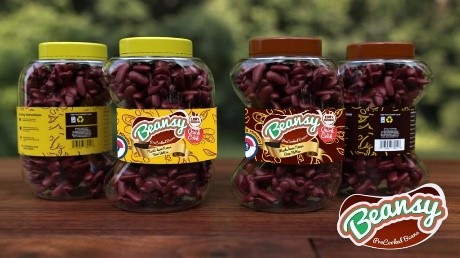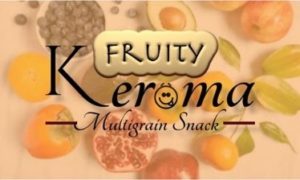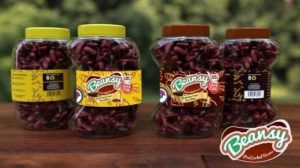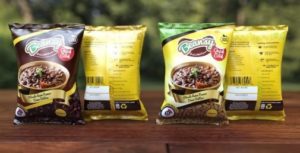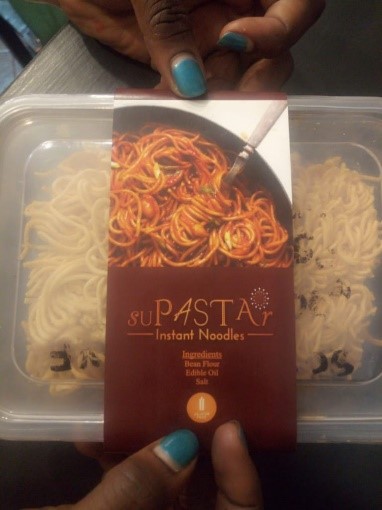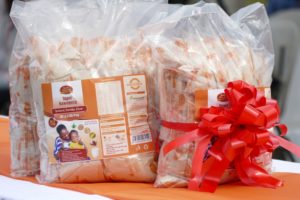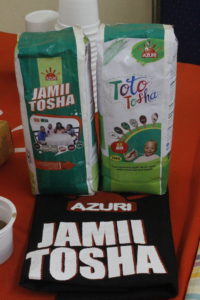By Eileen Nchanji, Gender Specialist – Alliance of Bioversity and CIAT
With increasing urbanization, population growth and high cost of living, the diets in the urban areas are changing. Most people are going for readily available, delicious, affordable and sometimes healthy food and snacks, bio-fortified or fortified with different vitamins and minerals. Bean varieties have been conventionally bred over the last decade with high levels of iron and zinc, suitable for women in reproductive ages, especially for pregnant girls/women, as well as lactating mothers. These beans are now making a debut on household tables.
Bean is a staple food in most African households eaten twice, thrice and sometimes a week in both rural and urban households. Smart Logistics – a woman-owned enterprise – is processing pre-cooked beans and bean snacks made from high iron and zinc bean varieties. They are partnering with a women-farmer group in Nakuru who supplies them with the high iron beans to process into these products. Bean based products are diverse and also available for those who love to snack. These bean snacks are made with 60% biofortified bean complemented with other grains and nuts.
Other bean-based products that are currently popular are the bean noodles that are a favorite of children. They are yummy and convenient food for mothers and university students because they are affordable and easy to prepare. https://www.standardmedia.co.ke/article/2001238419/indomie-spearheads-dietary-change-in-kenya. These noodles are made from 30% bean flour to meet the needs of the Kenyan population with the potential to scale out to other countries.
Apart from noodles and snacks, we also have different bean flours produced and sold by women and youth entrepreneurs in Tanzania, Uganda, Burundi, Kenya, amongst other countries. These flours as shown in Figure 3, can generally be used to make porridge, to thicken soups and sauces.

